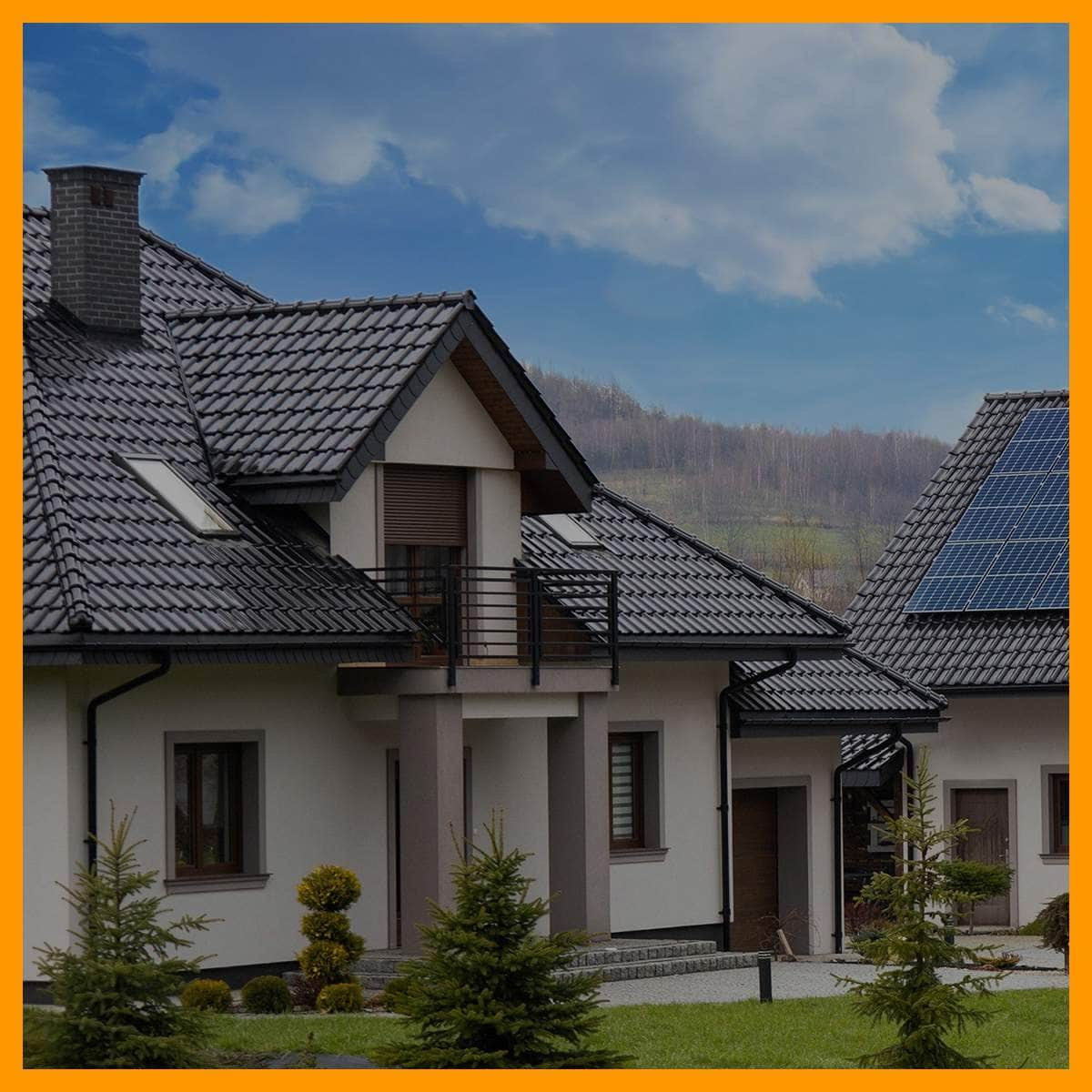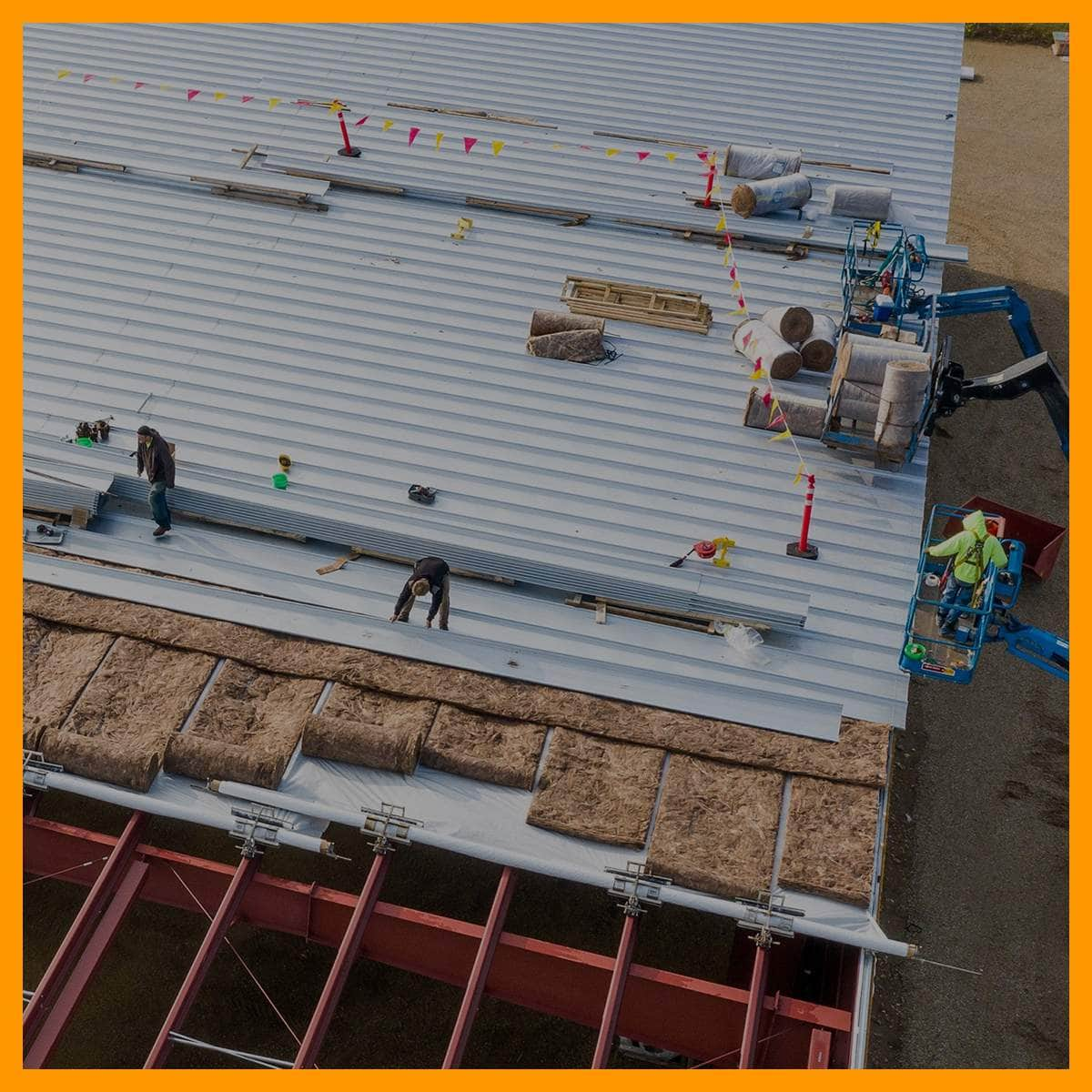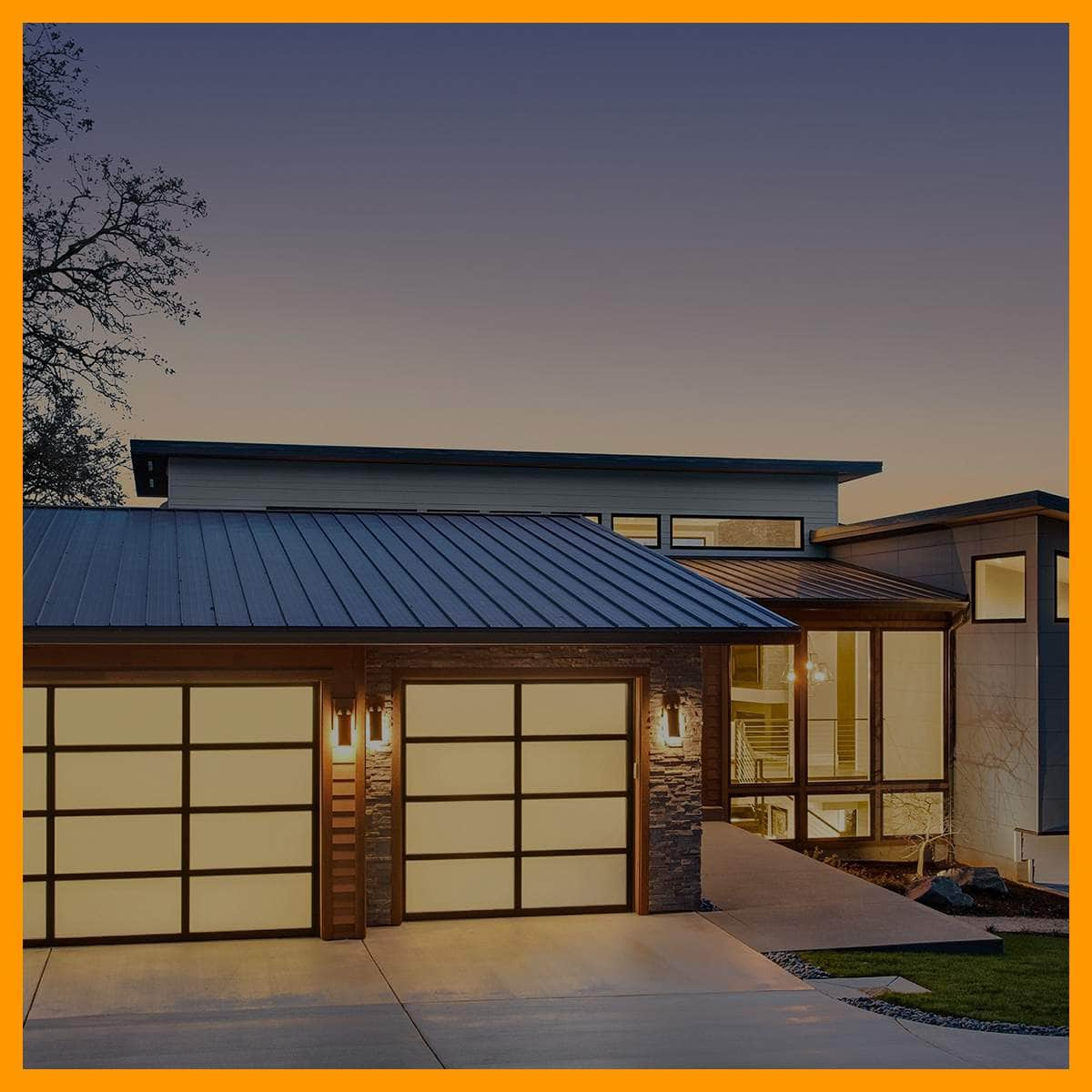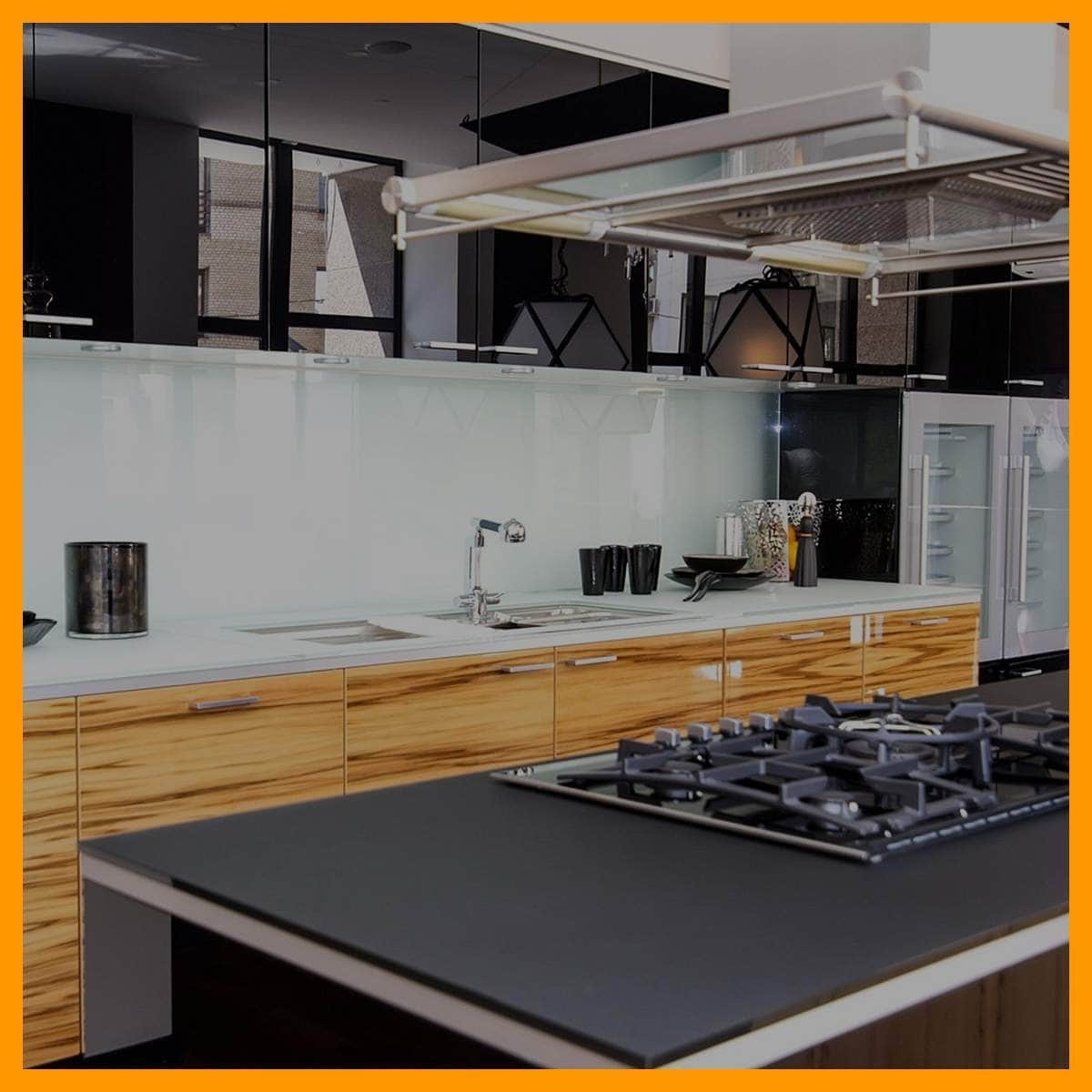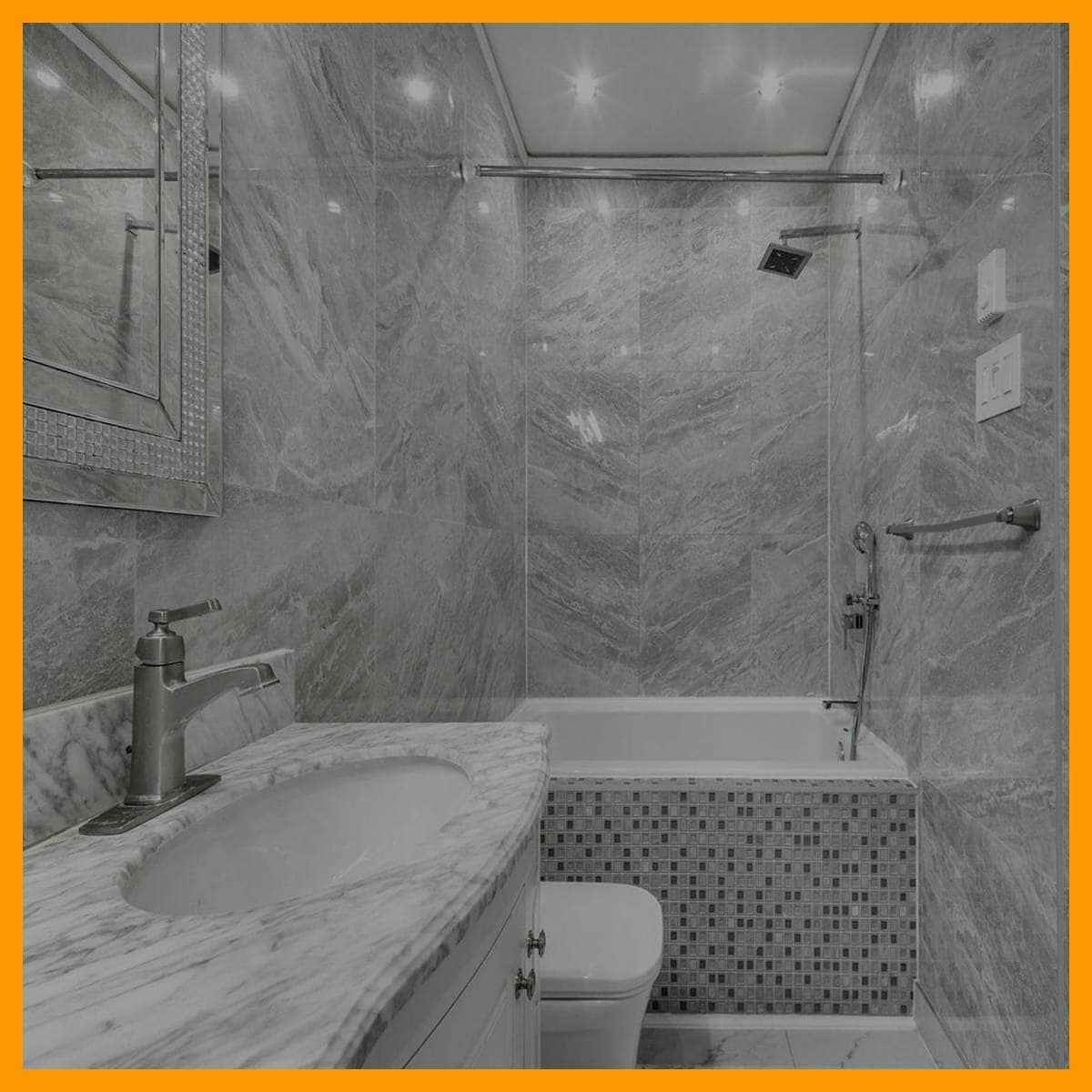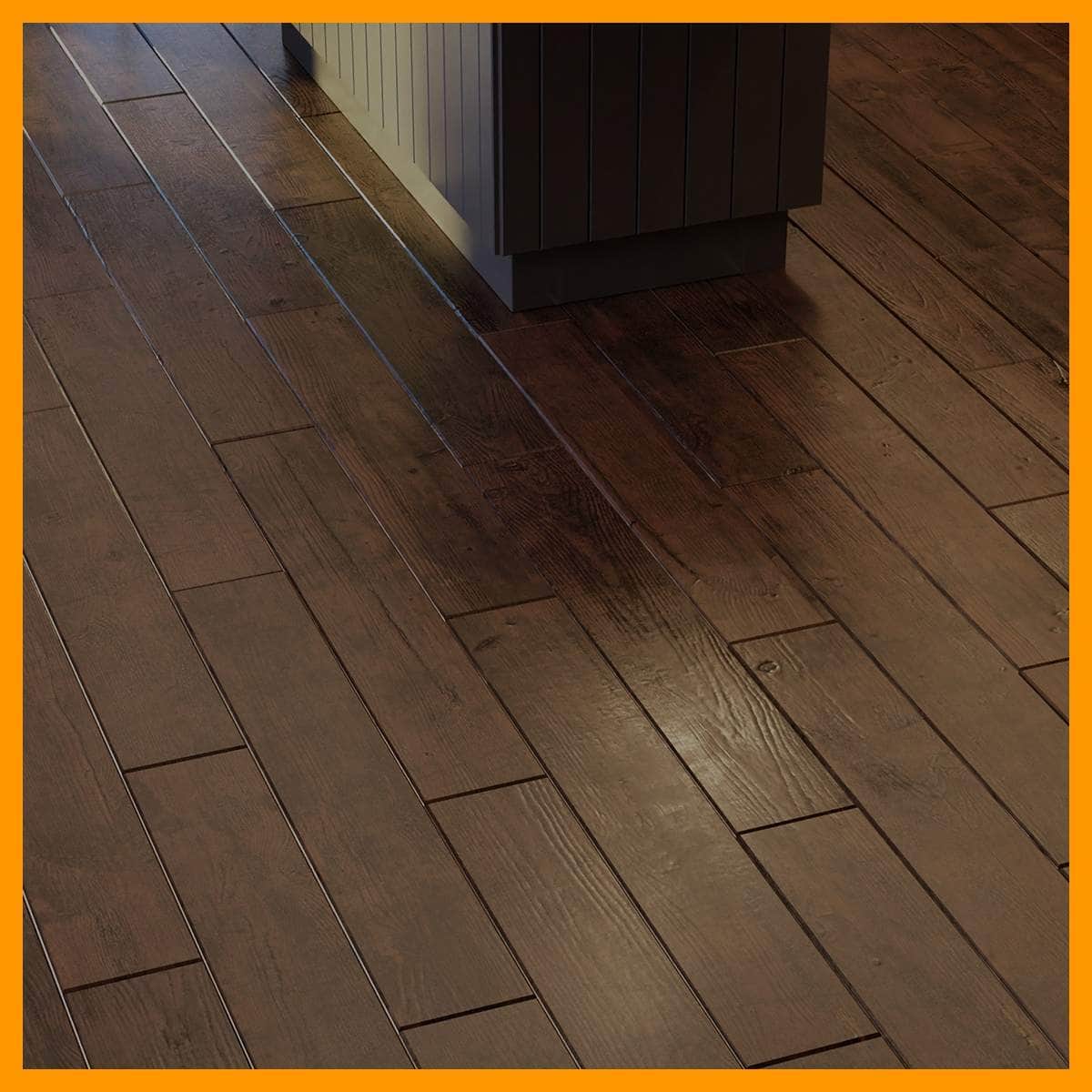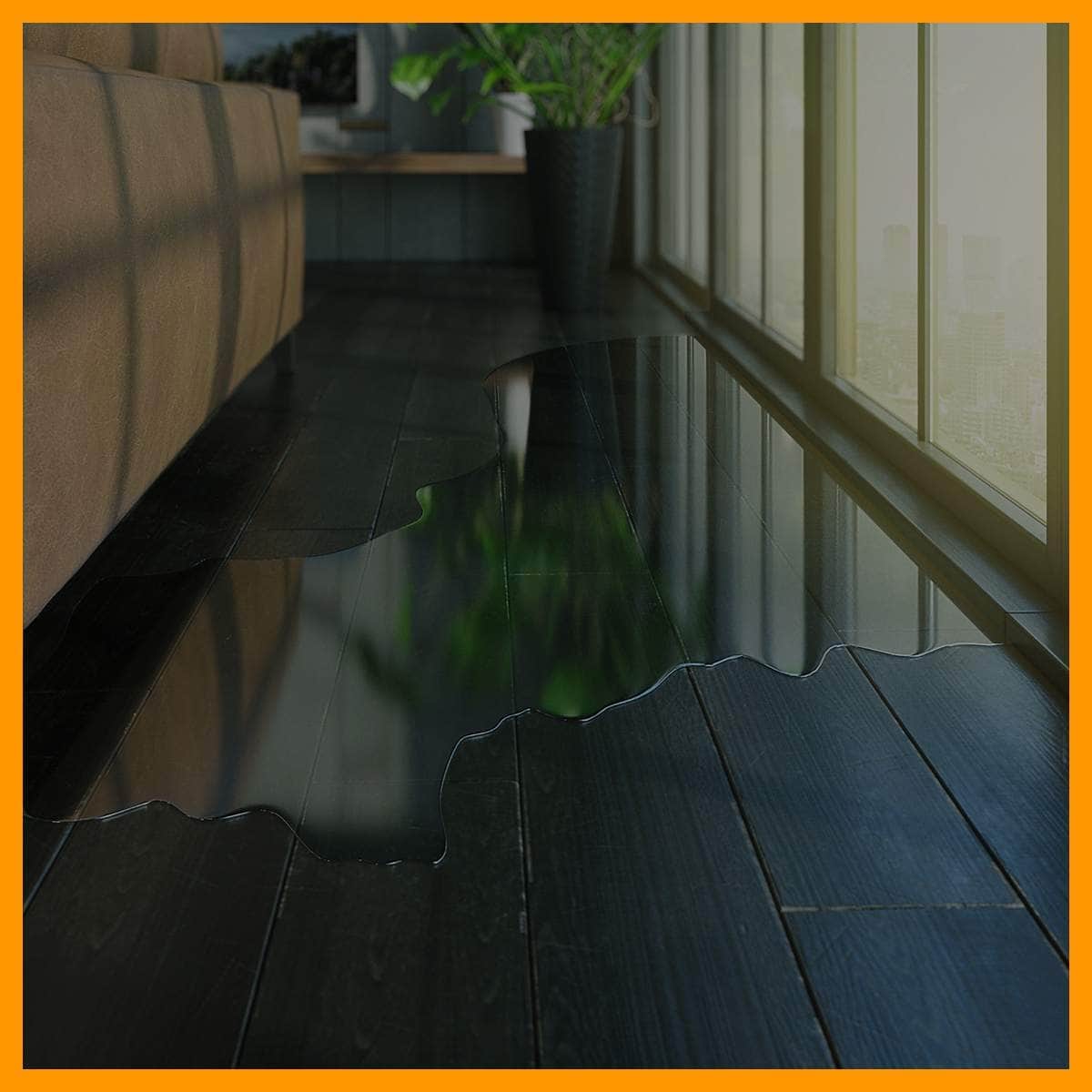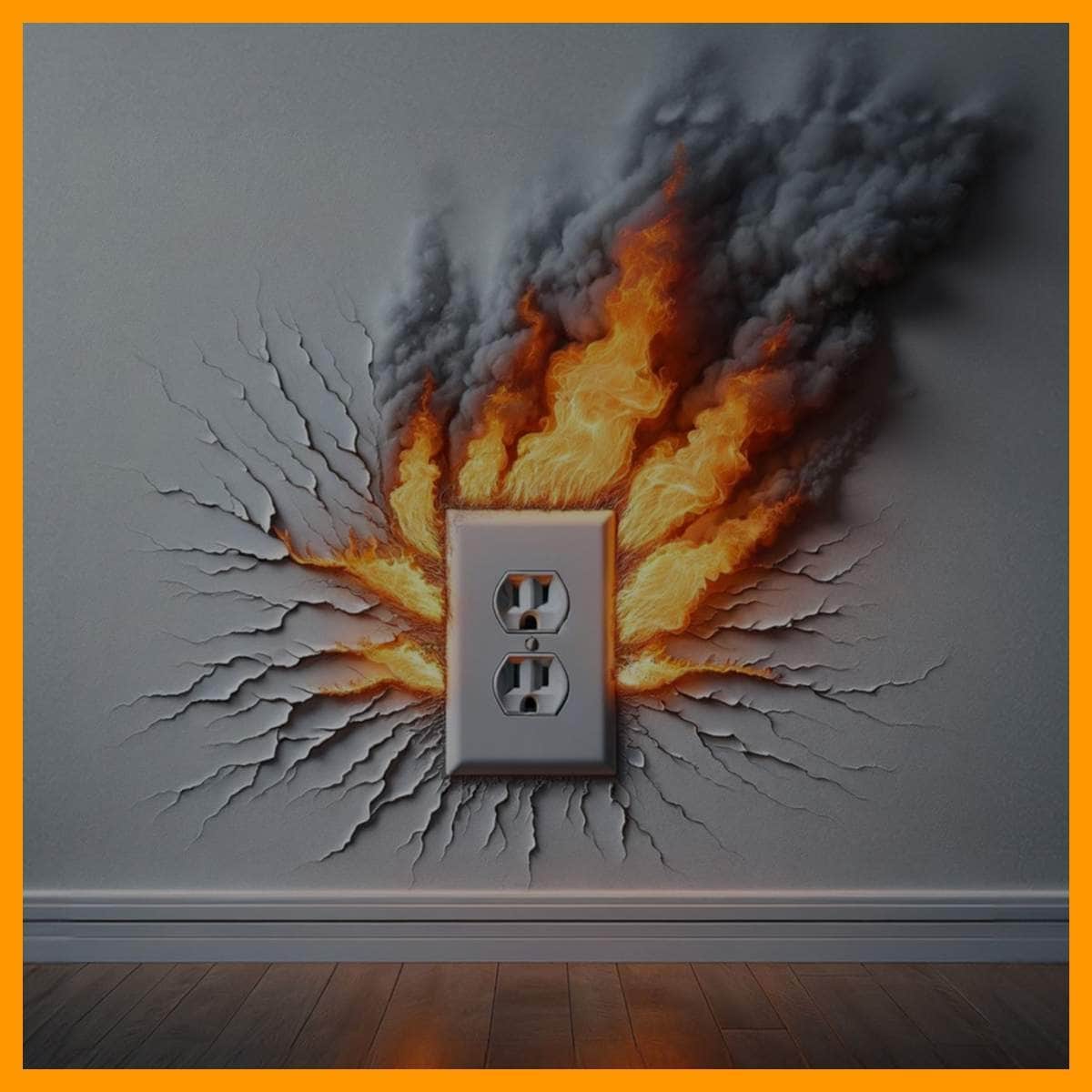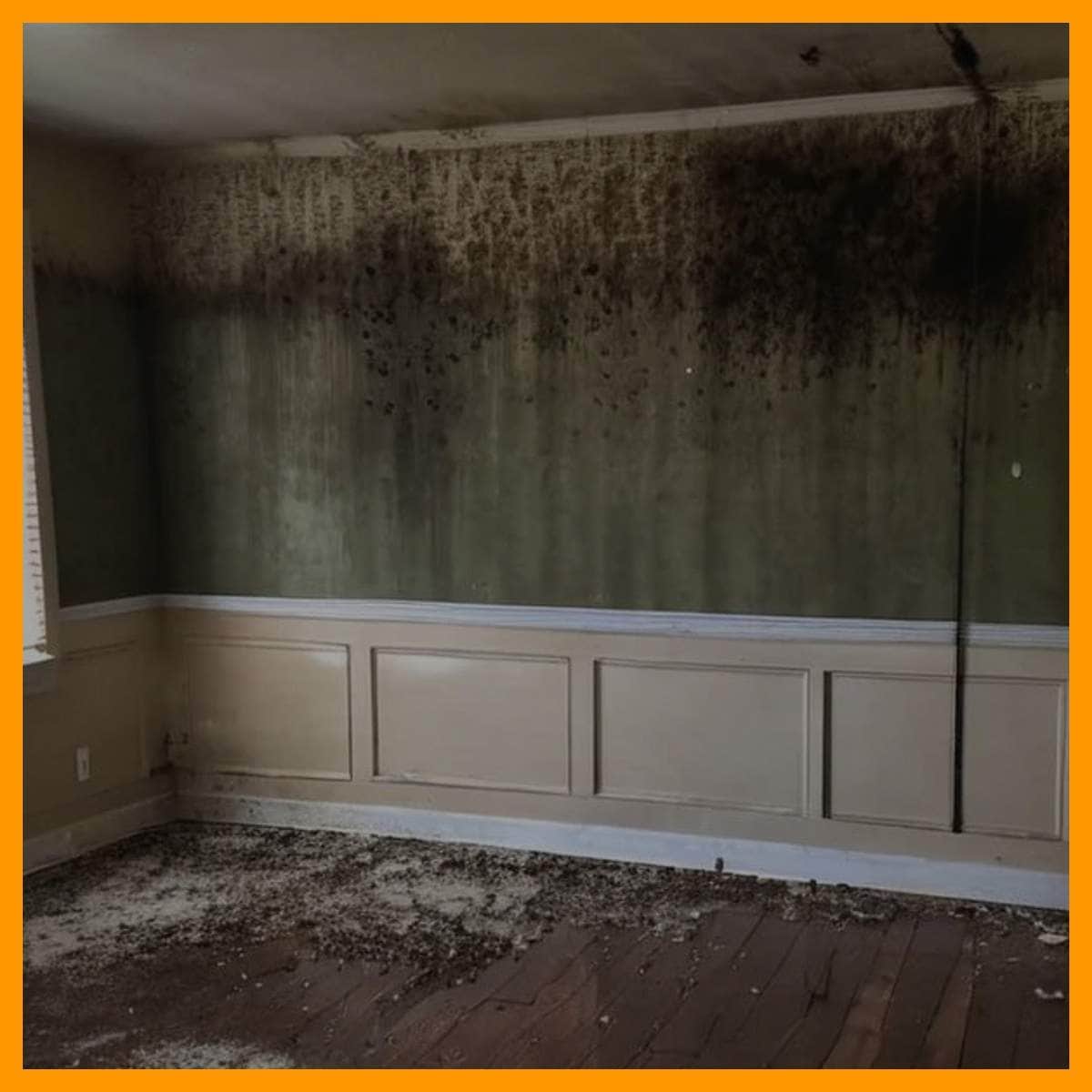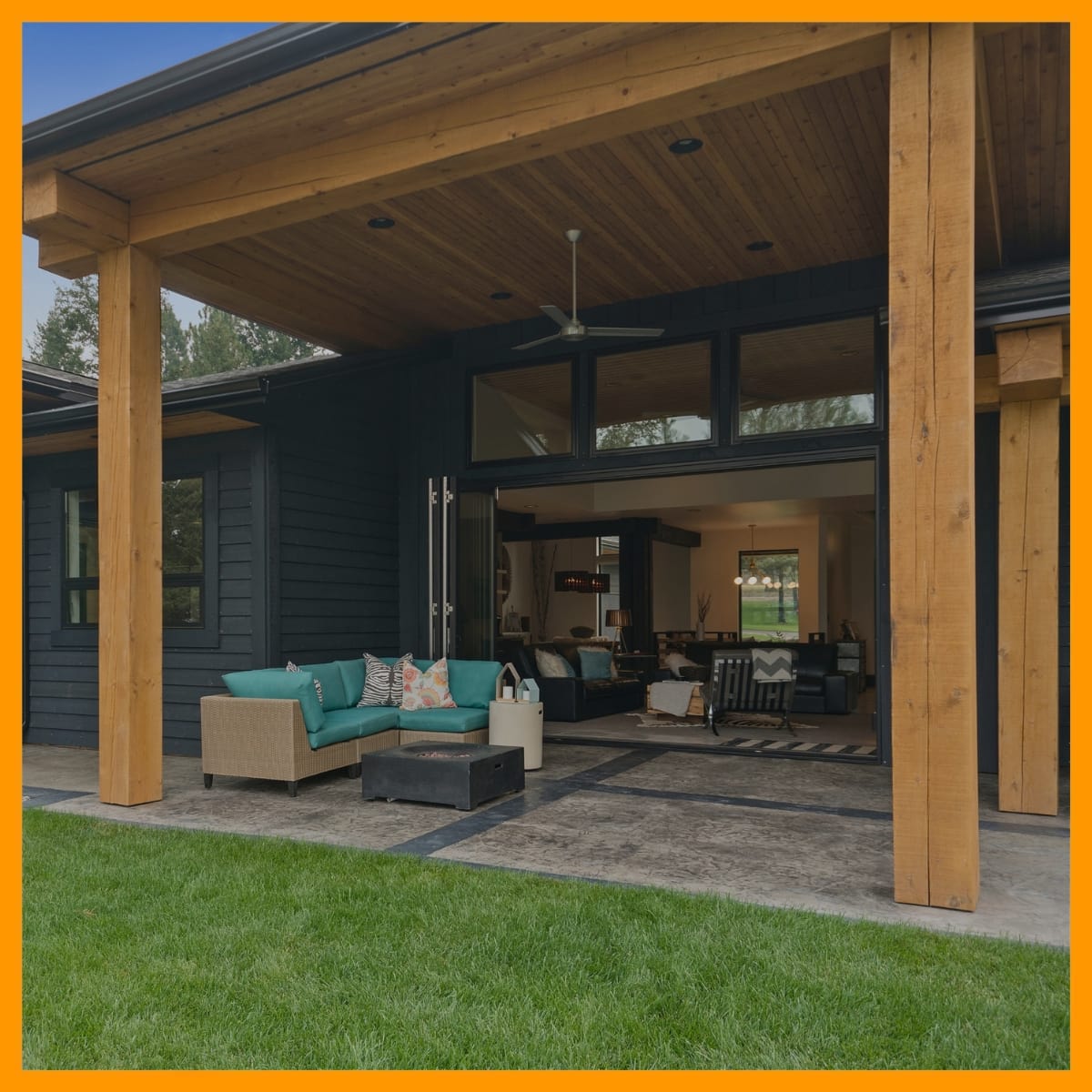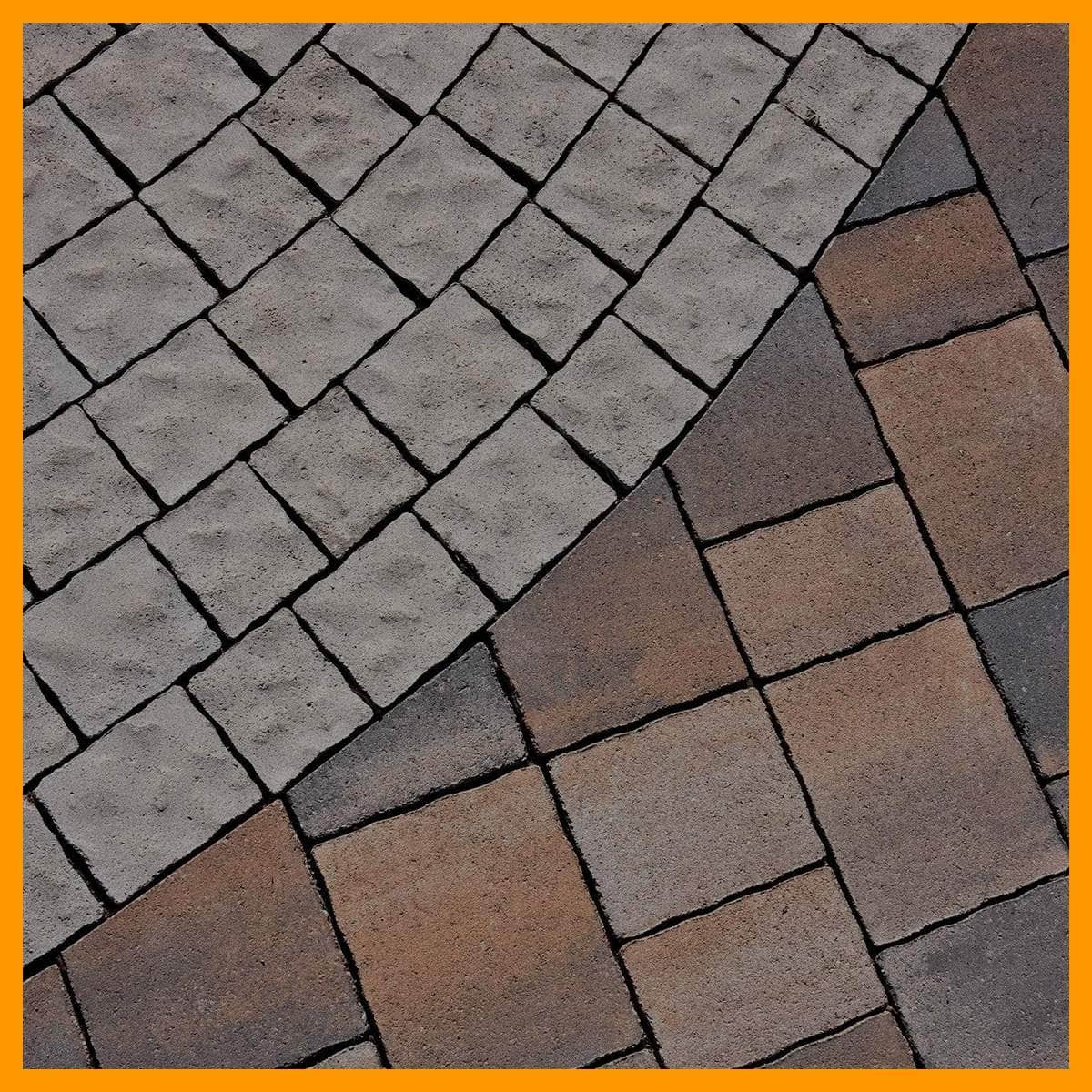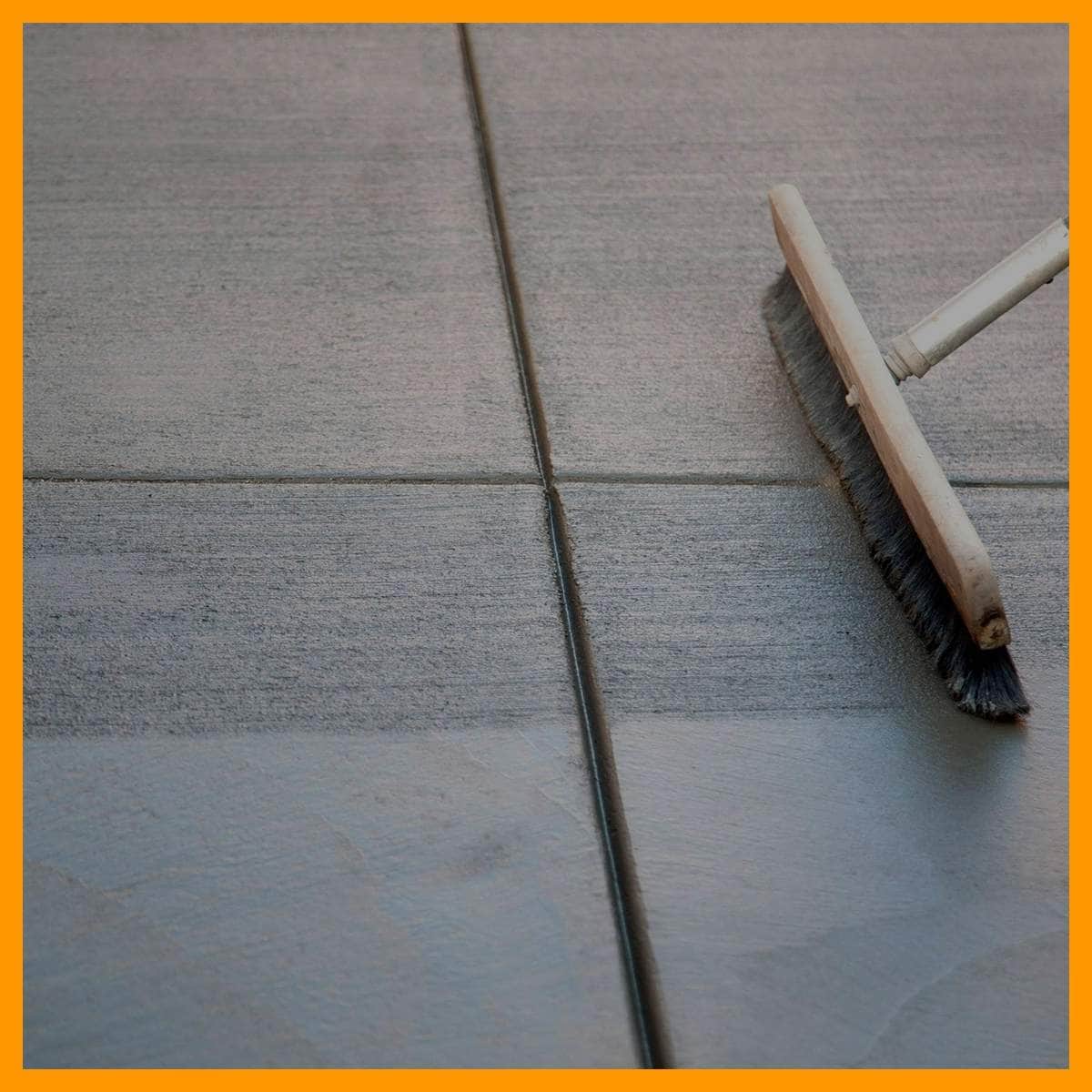AllDone Construction FAQ
Your Questions Answered: Expert Roofing, Remodeling, and Restoration Services in Austin, TX
Are you an Austin, TX resident searching for reliable roofing, water damage restoration, fire damage repair, or remodeling services? Look no further than AllDone Construction—Austin’s trusted name in residential and commercial construction.
As a full-service construction company, we specialize in delivering high-quality solutions tailored to your needs. From restoring properties damaged by fire or water to transforming your home with expert remodeling, we’re committed to excellence in every project we undertake.
Need more details about our services? Our FAQ page covers the most common questions, providing quick answers and an in-depth look at how we handle roofing, restoration, and remodeling projects. Still have questions? Our experienced team is here to help—contact us today to get the information you need and start your next project with confidence.
Roofing Questions
How do I know if I need a new roof?
Signs you might need a new roof include missing shingles, cracked or curling shingles, frequent leaks, sagging areas, or visible daylight through the attic. If your roof is 15–20 years old, it may be time to consider replacement even without visible damage. A professional inspection can help assess its true condition.
Will my roof need to be repaired or replaced?
Minor issues like a few missing shingles or small leaks usually require repairs. If damage is widespread, structural, or your roof is near the end of its lifespan, replacement may be more cost-effective. An inspection will help determine the best solution for your situation.
How much will my roofing work cost?
Costs depend on the size of your roof, materials chosen, and extent of damage. Simple repairs can start around a few hundred dollars, while full replacements typically range from $7,000 to $15,000 or more. After an inspection, we’ll provide a clear, detailed quote based on your specific project.
Should I also replace gutters during roof repairs?
Replacing gutters during a roof repair or replacement is often recommended if your existing gutters are damaged, leaking, or poorly functioning. If they are functionally working gutters can be detached and reset as access will be needed to satisfy a full roof replacement code. New gutters ensure proper drainage and help protect your new roof and home’s foundation. We can assess your current gutters and help you decide if replacement is needed.
How long will it take to complete the roof repair or replacement?
Most roof repairs are completed in one day. Full roof replacements generally take 1 day for asphalt shingles while specialty roofs like metal or clay can take 2-5 days. Also depending on roof size, material, and weather conditions. We’ll give you a projected timeline before we start and keep you updated throughout the project.
How can I prepare for the roofing job?
Clear your driveway and move any fragile items inside your attic or garage. Make arrangements for pets, as roofing noise can be stressful for animals. We recommend notifying neighbors about upcoming work and securing loose items around your yard to help protect your property during the project. Always remember this is an active jobsite. Avoid being outside or near the perimeter of your home while work is being done. This is for your safety.
How does wind, hail, or a storm damage a roof?
High winds can lift or tear off shingles, while hail can crack shingles, fiberglass matting and dent metal components. Heavy storms can dislodge granules from shingles, weaken seals, or expose underlayment, leading to leaks. Even damage that looks minor can compromise your roof’s integrity over time. The other is time (aging), the main problem with damage from hail, wind, and other storms is that they are mostly invisible. Shingles and other roof wear and tear may not show up for months, so it’s very important to have your roof inspected after a major storm.
How can I tell if my roof is damaged?
Look for missing, cracked, or curling shingles, as well as granules in your gutters. Inside your home, water stains on ceilings or walls and damp attic insulation can signal a leak. If you're unsure, it’s safest to schedule a professional inspection to avoid missing hidden issues, as it may not be possible for the untrained eye to spot the damage because often the damage does not show up on the surface.
How do I choose the best roofing contractor?
Look for an insured contractor with local experience and solid references. Reading reviews, asking for written estimates, and ensuring they offer warranties on their work is also important. According to the Better Business Bureau, roofers are among the top complaints. Unfortunately, scammers and unethical contractors take advantage of many people especially after a storm. Be aware that many contractors travel from state to state and leave town with no one to guarantee or warranty the work after it's completed. At AllDone Construction, we’re happy to answer questions and walk you through our process to earn your trust.
How does a roof age?
Over time, shingles lose their protective granules, seals weaken, and materials become brittle from sun exposure, rain, and temperature changes. This aging process can lead to leaks, sagging, and reduced energy efficiency. Routine maintenance and timely repairs can help slow this process.
How can I find where my roof is leaking from?
Leaks often travel, so the source may not be directly above the visible water damage inside your home. Inspect your attic for damp spots or water trails during daylight. However, locating the exact entry point can be tricky, so we recommend a professional inspection to pinpoint and repair the problem accurately.
What will a new roof do for my property?
A new roof enhances your home’s curb appeal, energy efficiency, and overall property value. It also protects against water damage, pests, and structural issues. Investing in a new roof gives you peace of mind and reduces long-term repair costs.
How long will my new roof last?
Depending on materials, a new roof can last anywhere from 20 to 50 years. Asphalt shingles in Texas usually last around 15–25 years, while metal or tile roofs can exceed 40 years with proper care. Routine inspections and maintenance can help extend the lifespan of your roof.
What maintenance can I do to extend my roof's life?
Regular maintenance can significantly prolong your roof’s lifespan. Clean your gutters twice a year to prevent water buildup, remove debris like leaves and branches, and trim overhanging tree limbs to reduce damage. Schedule annual professional inspections to catch minor issues early, and address small repairs promptly to prevent bigger problems.
Home Water Damage Questions
What are some common effects of water damage?
Water damage can lead to structural weakening, warped flooring, stained walls, and damaged ceilings. Left unaddressed, it can also cause mold growth, which poses health risks. Over time, water damage can compromise the safety and integrity of your home. In the case of water damage, prompt action is required.
What is the difference between mold and mildew?
Mold is typically thicker and fuzzier, appearing in black, green, or even orange patches, while mildew is usually flat and powdery, showing up as white, gray, or yellow spots. Mold tends to penetrate deeper into surfaces and poses more serious health risks. Both thrive in damp environments and need quick attention to prevent spreading.
How much does mold remediation cost?
Mold remediation typically ranges from $500 to $6,000, depending on the extent of the contamination and the size of the affected area. Minor jobs in small areas cost less, while extensive remediation throughout a home costs more. We’ll assess your situation and provide a clear estimate before starting work.
How long does it take for mold to spread?
Mold can begin growing within 24 to 48 hours of water exposure. Once started, it spreads quickly in moist, warm areas. This is why immediate water removal and drying are essential to prevent a minor issue from becoming a major health concern.
What does the water damage restoration process involve?
The process typically starts with water extraction and drying, followed by removing damaged materials and treating affected areas to prevent mold growth. Once dried, we clean, sanitize, and repair structural damage as needed. Our goal is to restore your property safely and efficiently.
Are there health risks associated with mold, and how can I protect my family?
Yes, mold can cause health issues like allergies, asthma attacks, and respiratory problems, especially in sensitive individuals. To protect your family, address water damage immediately, use dehumidifiers in damp areas, and ensure good ventilation. Always hire professionals for mold remediation to safely remove it and prevent re-growth.
Home Fire Damage Questions
Does my homeowner’s insurance cover fire damage?
Most standard homeowner’s insurance policies cover fire damage, including damage to your home’s structure and personal belongings. Coverage usually extends to smoke damage as well. It’s best to review your specific policy or contact your agent for details about your coverage limits and exclusions.
Is it safe to stay in my home after a fire?
In most cases, it’s not safe to remain in your home immediately after a fire due to structural risks, lingering smoke, and harmful contaminants. Even if damage seems minor, smoke particles can affect air quality. Always have your property inspected before deciding to stay.
How long does it take to clean up fire damage?
Fire damage cleanup can take anywhere from a few days to several weeks, depending on the extent of the damage. Smaller, localized fires may be addressed quickly, while major fires require extensive cleaning, repairs, and deodorizing. We’ll give you a clear timeline after assessing your home.
What services do fire damage restoration professionals provide?
Fire restoration professionals handle debris removal, structural cleaning, soot and smoke residue removal, odor elimination, and repairs. We also assess air quality and can recommend reconstruction if needed. At AllDone Construction, we manage the entire process to help you recover quickly and safely.
How can the smoke odor be removed from my home?
Smoke odor removal involves deep cleaning of walls, floors, and air ducts, along with specialized equipment like ozone treatments or thermal fogging to neutralize odors. Simply cleaning surfaces isn't enough—professional treatments are often necessary to fully remove lingering smoke smells.
How can I prevent future fire damage?
Install and maintain smoke detectors throughout your home, keep fire extinguishers accessible, and avoid overloading electrical outlets. Regularly inspect appliances and heating systems, and have a fire escape plan in place. Practicing basic fire safety can greatly reduce your risk of future incidents.
What should I do immediately after a fire to preserve my property?
After a fire, avoid using water on electrical items, as it can cause further damage. Document the damage with photos, if safe, and avoid disturbing the site. Contact your insurance company and a restoration professional like AllDone Construction as soon as possible to assess and secure your property.
Duct Cleaning Questions
Why should I have my ducts cleaned?
Over time, dust, allergens, mold spores, and other debris can build up inside your air ducts, affecting indoor air quality and HVAC efficiency. Having your ducts professionally cleaned helps improve airflow, reduce allergens, eliminate odors, and extend the life of your HVAC system. It's especially important after construction, water damage, or if your home has been exposed to smoke or pets.
How often should I clean my ducts?
In general, air ducts should be cleaned once or twice a year. However, you may need more frequent cleanings if you have pets, allergies, recent construction or remodeling, or have experienced water or smoke damage. Regular inspections can help determine when cleaning is necessary to maintain healthy indoor air and optimal system performance.
Will duct cleaning make a mess?
No, professional duct cleaning should not make a mess in your home. Experienced technicians use high-powered vacuums and containment systems to ensure dust and debris are removed directly from your ductwork without spreading into your living space. Protective coverings may also be used to keep floors and furnishings clean. After the service, your home should be just as clean—or even cleaner—than before.
How long does duct cleaning take?
The time it takes to clean your ducts depends on the size of your home, the number of vents, and the condition of your system. On average, a typical residential duct cleaning takes 2 to 4 hours. Larger homes or systems that haven’t been cleaned in a long time may take longer. Your technician can give you a more accurate estimate based on your specific setup.
What if there is mold in my ductwork?
If we discover mold during your duct cleaning, we take it seriously. Our team will thoroughly clean the affected areas and apply an EPA-registered antimicrobial treatment to help prevent future growth. In some cases, certain components—like heavily contaminated insulation or ductboard—may need to be sealed, incapacitated, or even replaced. We can handle many of these issues directly, and if replacement is needed, we’ll recommend a trusted professional who can take care of it. Your safety and indoor air quality are our top priorities.
What is the process for cleaning my ducts?
Our duct cleaning process starts with a thorough inspection of your HVAC system. We use specialized equipment to dislodge and remove dust, debris, and contaminants from the ductwork. High-powered vacuums are then used to extract the loosened material, ensuring a deep and effective clean. We also clean registers, grilles, and the air handler components as needed, leaving your system cleaner, more efficient, and improving overall air quality.
Do I need to do anything to prepare for this?
The main thing to do is move any sentimental, fragile, or valuable items away from the areas near the vents. This protects them and gives us clear access. No other special preparation is needed.
Is fogging safe?
Yes. We use a 100% environmentally friendly product made from thyme oil, which is non-toxic, safe for people and pets, and won’t damage your home or surfaces.
How long do I need to be gone after the fogging process?
We recommend staying out of the house during fogging and for approximately 1.5 hours afterwards, this just ensures time for the fog to settle and avoid any irritation from inhaling airborne particles.
Remodeling Questions
Will remodeling my kitchen add value to the property?
Yes, kitchen remodels are one of the most valuable home upgrades, often providing a strong return on investment. A modern, functional kitchen improves your home’s appeal to potential buyers and enhances daily living. Even minor upgrades, like new countertops or updated lighting, can add significant value.
How long does a kitchen renovation take?
A typical kitchen remodel can be completed in as little as a week. Depending on the project’s scope, trades needed and material availability. Larger remodels with custom cabinets or structural changes may take longer. We’ll provide a clear timeline upfront so you know what to expect throughout the process.
How much does it cost to remodel a kitchen?
Kitchen remodeling costs typically range from $15,000 to $50,000 or about $150 per square foot, depending on materials, layout changes, and the size of the space. Smaller cosmetic upgrades are less expensive, while full remodels with new cabinetry, flooring, and appliances will be on the higher end. We’ll help design a plan that fits your budget.
How long does a bathroom remodel take?
Bathroom remodels can be completed in a week. Depending on the extent of the updates. If plumbing needs to be relocated or major repairs are required, the timeline can extend. We’ll keep you updated every step of the way to minimize disruptions.
How much does it cost to remodel my bathroom?
Bathroom remodeling costs typically range from $7,000 to $20,000, depending on the size, finishes, and complexity of the project. Simple updates like new fixtures and flooring cost less, while custom tile work or luxury upgrades increase the price. We’ll offer a detailed quote after reviewing your goals.
When do I need to replace my floor?
Floors should be replaced when they’re warped, cracked, stained, or excessively worn. If you’re seeing soft spots or persistent squeaks, replacement may be necessary. New flooring can also enhance your home’s appearance and value.
How much will it cost to redo my flooring?
Flooring replacement costs vary by material and area size, generally ranging from $5 to $15 per square foot installed. Laminate and vinyl options are more affordable, while hardwood, tile, and luxury finishes are higher-priced. We’ll help you choose the best option for your space and budget.
What type of addition is best for my home?
The best addition depends on your needs. Common options include adding extra bedrooms, sunrooms, or expanding living spaces. A home office, garage conversion, or master suite addition can also add value. We’ll evaluate your property and goals to recommend the most practical and valuable option.
Can you work around my schedule to minimize disruption?
Yes, we prioritize your convenience. We’ll coordinate with you to schedule work during times that least disrupt your routine, such as daytime hours or specific days. We’ll also provide regular updates and aim to complete projects efficiently while keeping your home livable.
Insurance Questions
Who will call to file an insurance claim?
Filing the claim is the homeowner’s responsibility, but we’re here to help guide you through the process. Once your claim is filed, we can communicate directly with your adjuster to provide documentation, photos, and estimates as needed. Our goal is to simplify the process and help maximize your claim.
If the insurance company requires their adjuster to inspect the roof, will AllDone Construction be there?
Yes, we recommend having our team present during the adjuster’s inspection. This allows us to advocate for you, point out any damage the adjuster may overlook, and answer technical questions on-site. Having us there helps ensure a more accurate and fair assessment.
How does my deductible work?
Your deductible is the amount you are responsible for paying out-of-pocket before your insurance covers the remaining repair costs. For example, if your deductible is $2,000 and your claim is approved for $10,000 in repairs, your insurance will pay $8,000, and you’ll pay your deductible directly to the contractor. Deductible amounts are set by your insurance policy.
What will the insurance cover for plumbing costs?
Insurance covers costs for detaching and resetting plumbing, as well as any access required to address the source of the issue. However, they do not cover the expenses specifically related to repairing the source itself. Fixtures and replacements aren’t covered either, but they can be purchased on-site for the plumber, and insurance will pay for the resetting of those items. Be sure to keep all your receipts! Our team is here to help you review them and get reimbursed whenever possible.
What if insurance denies my claim?
If your claim is denied, we can help review your adjuster’s report and look for any missed damage or errors. You may have the option to appeal the decision or request a re-inspection. We’re here to assist and provide additional documentation or expertise as needed to support your case. We can offer trusted third-party professional assistance that specialize in insurance negotiations. These services do involve a fee but are often effective in expediting claim resolutions on your behalf.
How long does it typically take to process an insurance claim?
You can process and file a claim in as little as 15 minutes. The process includes assigning a claims representative and scheduling an onsite inspection with your adjuster. The adjuster usually waits to schedule the inspection until all demolition is finished. Typically, the inspection and investigation to extend coverage can be completed within 1 to 2 weeks.
AllDone Construction Questions
Do you offer free consultations or estimates?
Yes, we offer free consultations and detailed estimates. Contact us to schedule an on-site visit, where we’ll assess your needs and provide a no-obligation quote tailored to your project.
What payment methods do you do accept?
We accept most major credit cards, checks, and ACH bank transfers. For insurance-related projects, payments are typically coordinated around disbursements from your insurance company. We’ll work with you to make the payment process as smooth and flexible as possible.
Any other question?
You can contact us through our contact page. We will be happy to assist you! You can also email us directly at: info@alldoneconstruction.com or call us at (512) 859-6975
Client Testimonials
Will F.
The AllDone Construction team did an amazing job on our house. We had a roof leak and they showed up within 24 hours, mitigated the damage, got our space stabilized and helped with the insurance process. I'd recommend them as the first call you make.
Rebecca G.
AllDone construction has been amazing to work with, and I would recommended them fully to anyone. I initially felt so overwhelmed, living out of state with water damage in our rental. But the team took over smoothly, worked quickly, and even had been helping me deal with our insurance properly.
Chris D.
Great experience with All Done Construction. These guys are pros and deliver amazing results. We got our roof replaced in practically one afternoon and we’ll be using them again for all home construction projects.

